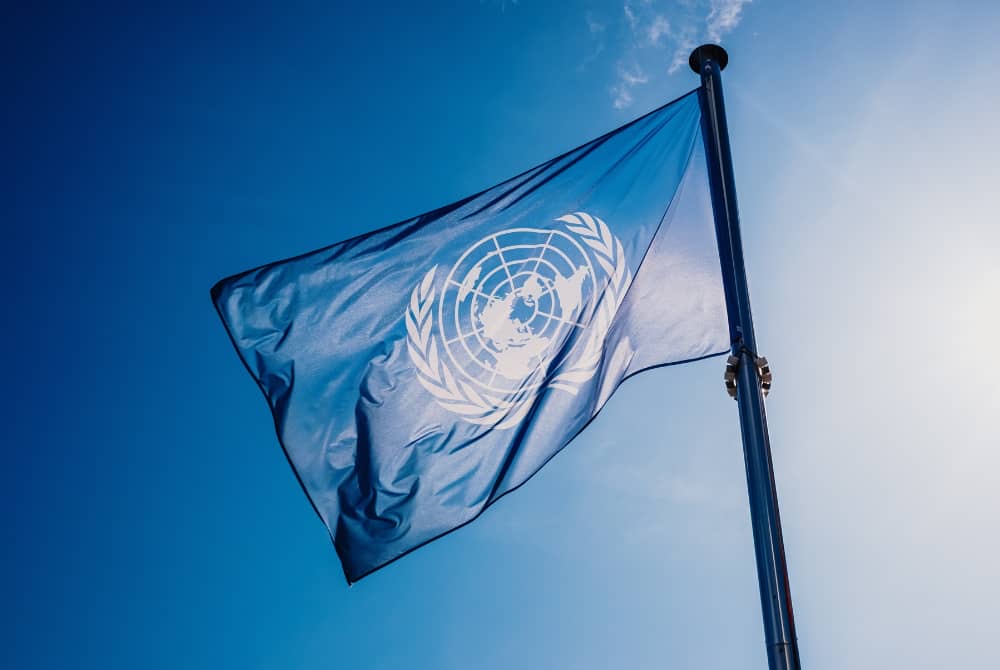The United Nations Children Fund (UNICEF) says recurrent cholera outbreaks in the Nigeria are critically affecting children and the population at large.
Celine Lafoucrier, Chief of Lagos UNICEF Field Office, on Saturday in a statement in a response to cholera outbreak in Lagos and other parts of Nigeria.
Lafoucrier said that children faced substantial health risks, particularly those under five who were prone to severe dehydration and higher mortality rate.
She urged government to focus on the provision of clean and risk-free water to prevent the spread of cholera in the country.
According to her, despite the state government’s efforts to provide water to its population, the current outbreak demonstrates the need for an urgent government focus on ensuring the water provided to the population is clean and risk-free.
“Addressing the challenges of cholera outbreaks requires a deliberate focus of state policies.
”And this include provision of high-standard water and sanitation facilities as well as strengthened healthcare systems capable of responding to the demand in times of outbreaks.
”There should be campaigns on cholera prevention to protect children and the population at large”, she said.
Lafoucrier said that good water and sanitation infrastructure play a crucial role in reducing disease outbreaks, such as cholera, which causes an estimated 100,000 deaths annually.
“Water, sanitation, and hygiene (WASH) interventions are fundamental in preventing and responding to cholera epidemics.
“Safe water supplies, hygienic sanitation, and effective water management are key elements in this effort.
“Ultimately, preventing cholera centers on good sanitation and hygiene practices.
“Key actions include proper disposal of faeces, eliminating open defecation, and ensuring access to potable water.
“Regular hand washing with clean, running water and soap is vital.
“Additionally, avoiding the consumption of uncooked vegetables, unwashed fruits, raw or undercooked seafood, and food from street vendors is important to reduce the risk of cholera infection”, she said.
According to her, safer water can annually prevent 1.4 million child deaths from diarrhoea, 500,000 deaths from malaria, and 860,000 child deaths from malnutrition.
She said that it could also protect 10 million people from serious illnesses like lymphatic filariasis and trachoma.
Lafoucrier, however, said that disease outbreaks ultimately hinder Nigeria’s progress in achieving health-related Sustainable Development Goals (SDGs), particularly SDG 3, which focuses on ensuring healthy lives and well-being for all.
“These outbreaks strain Nigeria’s health system, diverting limited resources from essential services like routine immunizations and maternal and childcare, undermining universal health coverage.
“However, outbreaks also present opportunities to strengthen Nigeria’s health system.
“Prevention is more cost-effective than cure; thus, communities should establish systems that promote key hygiene practices, transforming them into a cultural norm,” she said.




























